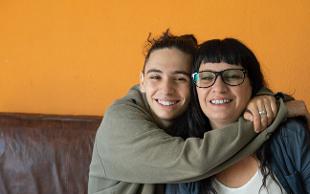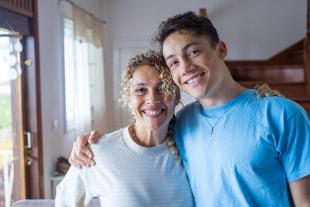Supported Care
Find out about supported care, the criteria and how to take the next steps.

About Supported Care
Find out about the children we need to provide supported care for.

Who needs Supported Care?
Find out how a young person would benefit from having a supported care placement.

Become a Supported Carer
Find out about how you can become a supported carer and how to apply.

Support for Supported Carers
Find out about how we support our supported carers and training available

